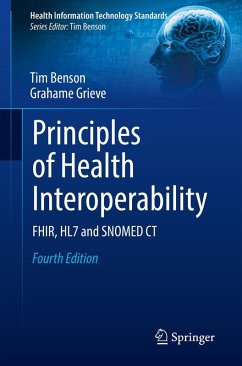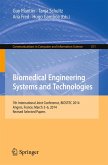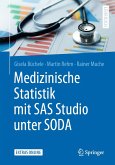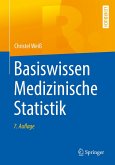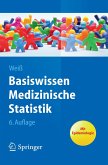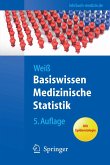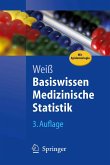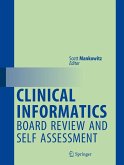This extensively updated fourth edition expands the discussion of FHIR (Fast Health Interoperability Resources), which has rapidly become the most important health interoperability standard globally. FHIR can be implemented at a fraction of the price of existing alternatives and is well suited for use in mobile phone apps, cloud communications and electronic health records. FHIR combines the best features of HL7's v2, v3 and CDA while leveraging the latest web standards and clinical terminologies, with a tight focus on implementation.
Principles of Health Interoperability has been completely re-organised into five sections. The first part covers the core principles of health interoperability, while the second extensively reviews FHIR. The third part includes older HL7 standards that are still widely used, which leads on to a section dedicated to clinical terminology including SNOMED CT and LOINC. The final part of the book covers privacy, models, XML and JSON, standards development organizations and HL7 v3. This vital new edition therefore is essential reading for all involved in the use of these technologies in medical informatics.
Principles of Health Interoperability has been completely re-organised into five sections. The first part covers the core principles of health interoperability, while the second extensively reviews FHIR. The third part includes older HL7 standards that are still widely used, which leads on to a section dedicated to clinical terminology including SNOMED CT and LOINC. The final part of the book covers privacy, models, XML and JSON, standards development organizations and HL7 v3. This vital new edition therefore is essential reading for all involved in the use of these technologies in medical informatics.
Dieser Download kann aus rechtlichen Gründen nur mit Rechnungsadresse in A, B, BG, CY, CZ, D, DK, EW, E, FIN, F, GR, HR, H, IRL, I, LT, L, LR, M, NL, PL, P, R, S, SLO, SK ausgeliefert werden.

